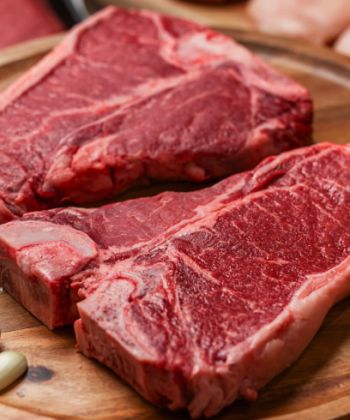Introduction
An old beverage with a great history, wine changes with new ideas and trends altering the business. The future of wine looks fascinating, varied, and friendlier as preferences evolve and environmental issues grow more important. The newest developments and trends influencing the wine sector as well as their implications for both growers and consumers are investigated in this paper.
Ecological Wine Production
The wine business now gives sustainability first importance. Wineries are implementing environmentally friendly methods as growing worries about climate change and how it may affect agriculture call for it. Using organic agricultural techniques, many wineries now cut water usage and steers clear of dangerous pesticides. Some are even moving to biodynamic farming, which views the vineyard as a self-sustaining ecology. Additionally becoming more and more popular is sustainable packaging with recyclable materials and light-weight glass containers. These initiatives not only lower the environmental impact but also appeal to consumers who care about the surroundings.
Organic and Natural Wines
As customers search for better and more open choices, organic and natural wines have become increasingly sought after. While natural wines go one step further by avoiding additions and using minimum interference during production, organic wines are created without synthetic chemicals. Often reflecting the special qualities of the vineyard, these wines provide a more real and varied taste experience. More wineries are investigating organic and natural winemaking methods as the trend develop, therefore introducing fresh tastes and styles onto the market.
Development in Technology
Modern winemaking is influenced much by technology. Vineyards are monitoring soil conditions, weather patterns, and plant states using advanced sensors and drones. Using this data-driven method, winemakers may maximize their operations, thereby producing better-quality grapes and more consistent wines. Customized blends and consumer preferences are now being projected using artificial intelligence (AI).
Low-alcoholic and non-alcoholic wines
These wines satisfy people who wish to taste French Wine without having alcohol’s effects. Thanks to developments in winemaking methods, it is now feasible to produce alcohol-free wines with the soul of classic wine. This expanding portion of the market is drawing younger people and those seeking a better way of life, therefore giving the wine business a fresh direction.
New Wine Regions and Climate Change
Changing traditional wine-growing areas by climate change forces wineries to adjust. Grape quality and harvest periods are being changed by rising temperatures and erratic weather patterns. Some producers are so trying novel grape varietals that may survive under challenging conditions. Changing temperatures also allow hitherto unsuitable areas like sections of England and Scandinavia to become wine-growing sites. This change is extending the wine map and exposing consumers to unusual tastes and styles from far-off sources.
Wine Travel & Experiences
As consumers search for engaging and instructive experiences, wine tourism is becoming a necessary component of the business. Guided tours, tastings, and seminars provided by wineries let guests discover the winemaking process and establish a relationship with the story behind the wine. Popular during the pandemic, virtual wine experiences are still developing and offer worldwide access to tastings and winery visits. These encounters strengthen ties between customers and producers, therefore improving the general respect for wine.
Driven by changes in the sector that are redefining the business, French Wine has great prospects. From organic farming and sustainability to technology developments and inclusiveness, the wine industry is changing to satisfy contemporary customers. These developments not only improve the quality and variety of wines but also help the business to be more ethical and easily accessible. This metamorphosis presents an opportunity for both producers and drinkers to commemorate the legacy of wine and investigate fresh ideas.


